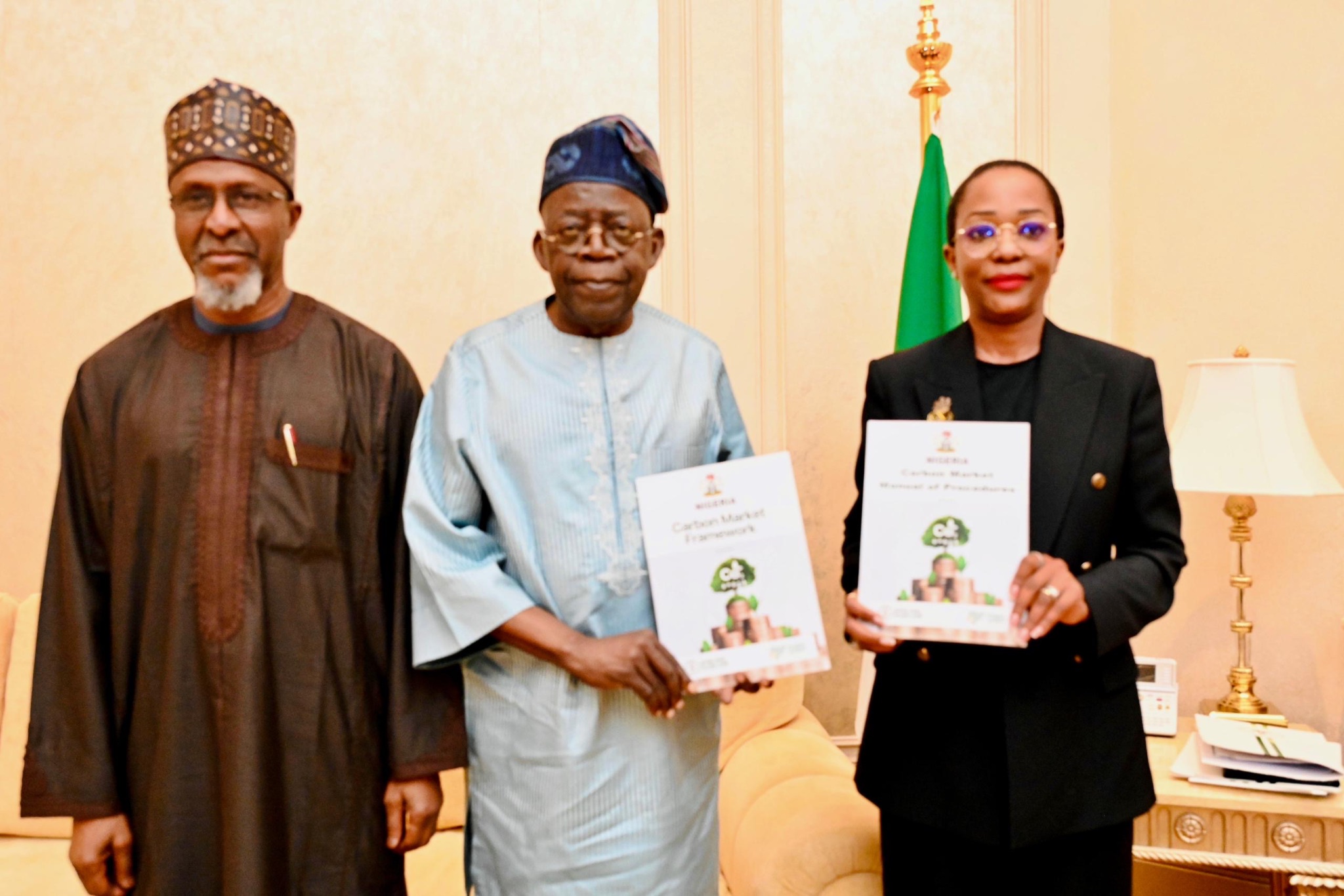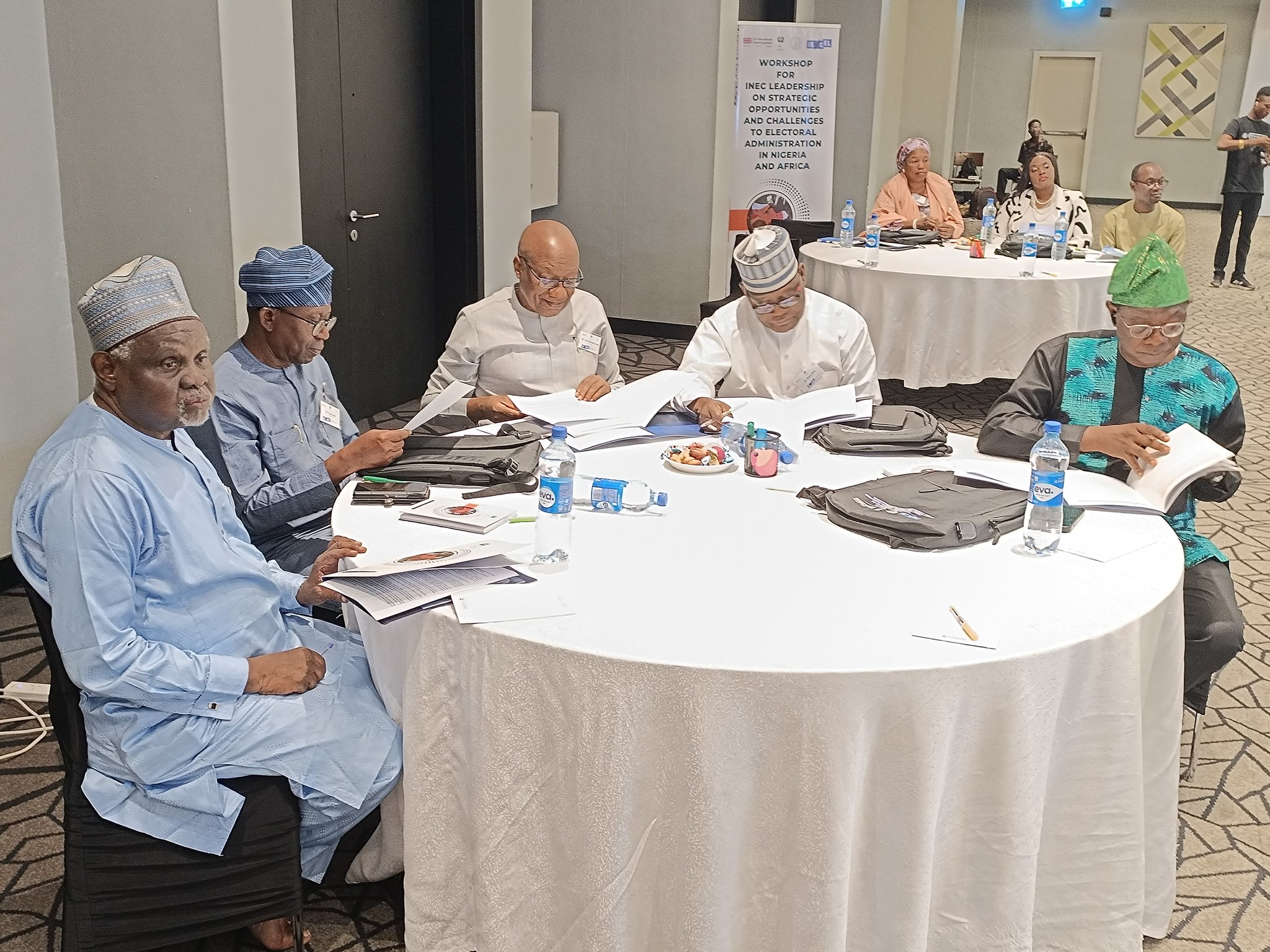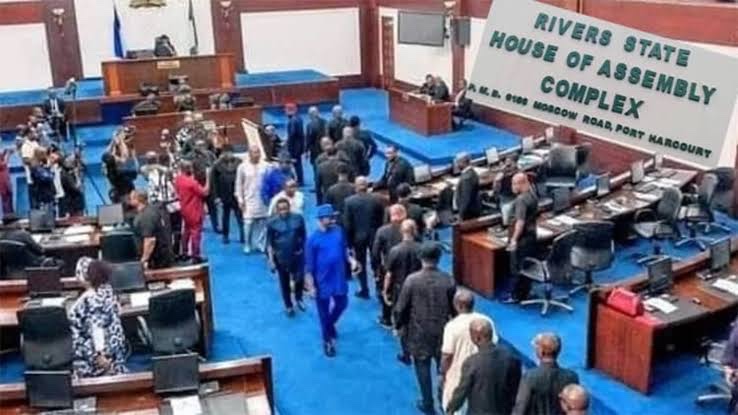
Manufacturers and Labour Oppose Government’s Electricity Tariff Hike
Manufacturers and organized labor unions have expressed vehement opposition to the Federal Government’s recent decision to increase electricity tariffs by a staggering 240 percent for consumers receiving a 20-hour power supply. The move has sparked concerns about the potential impact on businesses, inflation rates, and the welfare of citizens.

The decision to remove the electricity subsidy for consumers in Band A, constituting approximately 15% of all electricity users nationwide, has drawn sharp criticism from various sectors. This significant tariff hike, announced during a press conference by the Nigerian Electricity Regulatory Commission (NERC) in Abuja, came into effect on Wednesday, prompting an outcry from affected parties.
Representatives from the manufacturing industry emphasized the importance of the electricity subsidy in maintaining operational costs and preventing disruptions to production. They warned that discontinuing the subsidy could lead to widespread shutdowns of manufacturing plants, exacerbating inflation and deepening economic challenges.
Benson Upah, spokesperson for the Nigeria Labour Congress (NLC), denounced the government’s decision as “insensitive” and “callous.” He highlighted the adverse effects on workers, particularly those with fixed wages, who would bear the brunt of the tariff hike. Upah also pointed out the potential consequences for manufacturers, predicting a surge in the cost of goods and services or even closures and job losses.
“The only beneficiaries of this unjustified burden on the people are the World Bank and IMF,” Upah remarked, suggesting that the tariff increase was driven by external pressures rather than genuine concerns for the welfare of citizens.
The opposition from manufacturers and labor unions underscores the growing discontent over the government’s economic policies, particularly those affecting essential services like electricity. As stakeholders continue to voice their concerns, the government faces mounting pressure to reconsider its decision and prioritize the interests of ordinary Nigerians in its policy formulation.





















